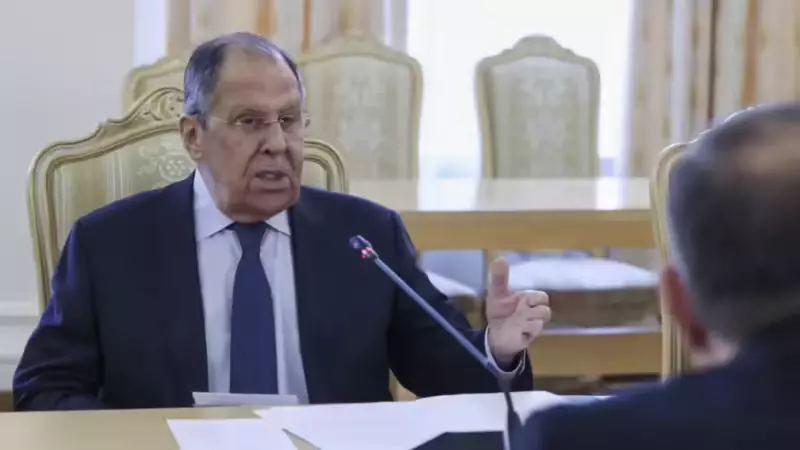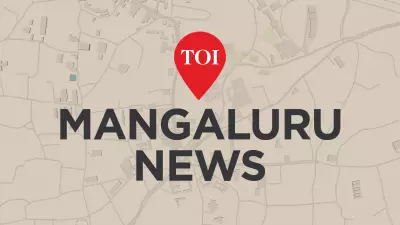
Russia has expressed willingness to engage in discussions with the United States regarding allegations made by President Donald Trump about Moscow conducting secret underground nuclear tests, while simultaneously rejecting the claims as completely unfounded.
Moscow Extends Dialogue Offer
Russian Foreign Minister Sergei Lavrov stated on Tuesday that Moscow is prepared to address the suspicions raised by American officials about potential secret underground nuclear activities. "We are ready to discuss the suspicions raised by our American colleagues regarding the possibility that we might be secretly doing something deep underground," Lavrov told state media, according to AFP reports.
However, the top diplomat vehemently denied any wrongdoing, describing the accusations as "baseless and politically motivated." Lavrov emphasized that the United States could easily verify any alleged nuclear tests through the existing global seismic monitoring system, which would detect such activities.
Trump's Testing Remarks Spark Tensions
The diplomatic exchange comes amid renewed nuclear tensions triggered by recent comments from former President Trump. In interviews with CBS News and on his Truth Social platform, Trump suggested that Russia and China might be conducting secret nuclear tests underground and called for the US to resume testing "on an equal basis."
Trump claimed he had instructed the "Department of War" to begin nuclear weapons testing, though US Energy Secretary Chris Wright later clarified that any such tests would be non-explosive and limited to safety parameter checks rather than full-scale nuclear detonations.
In a Truth Social post, Trump asserted that "The United States has more Nuclear Weapons than any other country" and mentioned completing updates to existing weapons during his first term. He ranked Russia second in nuclear capability and China a distant third, though he predicted China would catch up within five years.
Russia's Conditional Response
Following Trump's statements, Russian President Vladimir Putin directed his defense and foreign ministries to analyze Washington's position and prepare proposals for potentially resuming nuclear tests. However, Putin stressed that Russia would only act if the United States breaks the testing moratorium first.
Kremlin spokesperson Dmitry Peskov reinforced this position, stating: "Putin has repeatedly said that Russia adheres to its obligations under the nuclear tests ban and we are not going to carry them out, but if another country does, we will have to do so to observe parity."
Lavrov also highlighted that Moscow is still awaiting Washington's response to President Putin's proposal to extend a voluntary freeze on strategic nuclear weapons beyond the expiration of the New START Treaty in February 2026.
Background and Global Concerns
The New START Treaty, originally signed in 2010 and extended for five years in 2021, limits each side to:
- 1550 deployed warheads
- 700 deployed missiles and bombers
Both Moscow and Washington have maintained a voluntary halt on explosive nuclear testing since the early 1990s, with the US last testing in 1992 and Russia in 1990. However, direct verification mechanisms have been suspended since the Ukraine conflict began, creating uncertainty in nuclear arms control.
While Russia has recently tested new nuclear-capable systems like the "Burevestnik" nuclear-powered cruise missile and "Poseidon" underwater drone, analysts emphasize these were weapons system trials rather than nuclear detonations.
The escalating rhetoric has raised global concerns among experts who warn that any resumption of nuclear testing by either power could trigger a new arms race and weaken international non-proliferation efforts that have maintained stability for decades.





